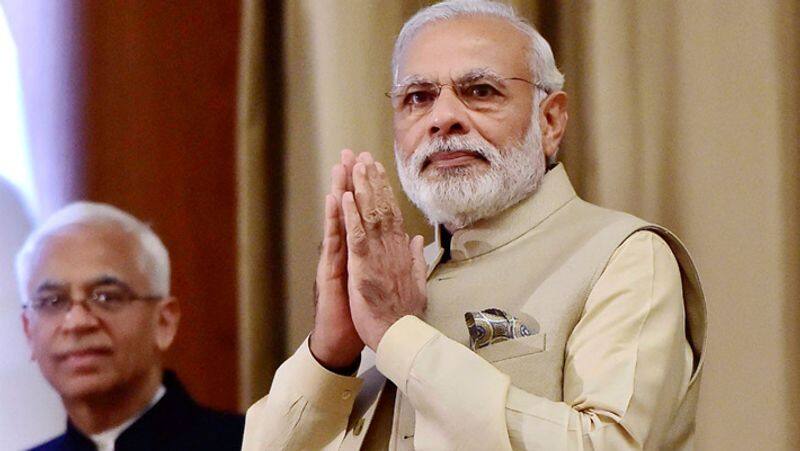While there are worries that the sudden switching-off of lights tonight (April 5) at 9 pm for 9 minutes will cause a collapse, here’s how the government plans to counter it.
Bengaluru: 9-minute lights-out by most of households on Sunday evening can potentially collapse the grid due to sudden drop and then a quick surge after the event.
But to manage the dramatic changes in electricity and its impact on the grid, the government has drawn an elaborate plan to manage it. Following are the broad plan of action.
Electrical appliances such as AC, fans, TVs, refrigerators are not supposed to be switched off and only household lights are to be switched off from 9 pm to 9.09 pm on Sunday.
Also Read: Lighting lamps during darkness of despair
Also, lights in all essential services, including hospitals, police stations and manufacturing facilities as well as street lights are not to be switched off.
Power System Operation Corp Ltd - the agency responsible for managing the grid - has mapped all India lighting load and estimated such demand at 12-13 gigawatts (out of a total consumption of 125-126 GW).
Unlike normal operation, this reduction in load of 12-13 GW would happen in 2-4 minutes and recover nine minutes later -- within 2-4 minutes. This sharp reduction in load and recovery, which is unprecedented, will need to be handled through hydro and gas resources.
The drop in load and subsequent rise will be managed by using hydro and gas generators that require the least amount of time for ramp-up.
All regional entities have been advised to maintain their interchange with the grid as per schedule.
Distribution companies have been advised to avoid any feeder switching operation from 20:00 to 22:00 hrs.

(PM has asked his countrymen to light a diya as a mark of solidarity)
Also, control room staff at national and all regional/ state load centres will be strengthened and grids will be closely monitored to tackle any contingency.
State load distribution centres have asked distribution companies to ensure that substations and housing society/ residential apartments' main supply is not be switched off at feeder/mains level.
During the evening peak hours -- 18:10 to 20:00 hrs -- hydro generation will be reduced and conserved for providing flexibility during 21:00 hrs event. During this time, thermal and gas generation will be scheduled in a manner so as to manage the peak.
Subsequently after the peak hours, at thermal Inter-State Generating Stations (ISGS) generation would be gradually reduced to near technical minimum level of 60 per cent by 20:55 hrs and simultaneously, hydro generation will be increased to maintain the load generation balance.
Hydro generation and gas generation will be ramped down starting from 20:57 hrs. keeping a watch on the system frequency. The hydro units will be kept rolling at 0-10 per cent of the rating and not to be disconnected during this period. Gas station will be ramped down to the minimum level.
Ramping up of thermal machines will be carried out from 21:05 hrs onwards. Further from 21:09 hrs onwards hydro generation will be ramped up to meet increase in load. After stabilisation of system parameters hydro units may be withdrawn.
Last Updated Apr 5, 2020, 10:25 AM IST









![Salman Khan sets stage on fire for Anant Ambani, Radhika Merchant pre-wedding festivities [WATCH] ATG](https://static-gi.asianetnews.com/images/01hr1hh8y86gvb4kbqgnyhc0w0/whatsapp-image-2024-03-03-at-12-24-37-pm_100x60xt.jpg)
![Pregnant Deepika Padukone dances with Ranveer Singh at Anant Ambani, Radhika Merchant pre-wedding bash [WATCH] ATG](https://static-gi.asianetnews.com/images/01hr1ffyd3nzqzgm6ba0k87vr8/whatsapp-image-2024-03-03-at-11-45-35-am_100x60xt.jpg)


